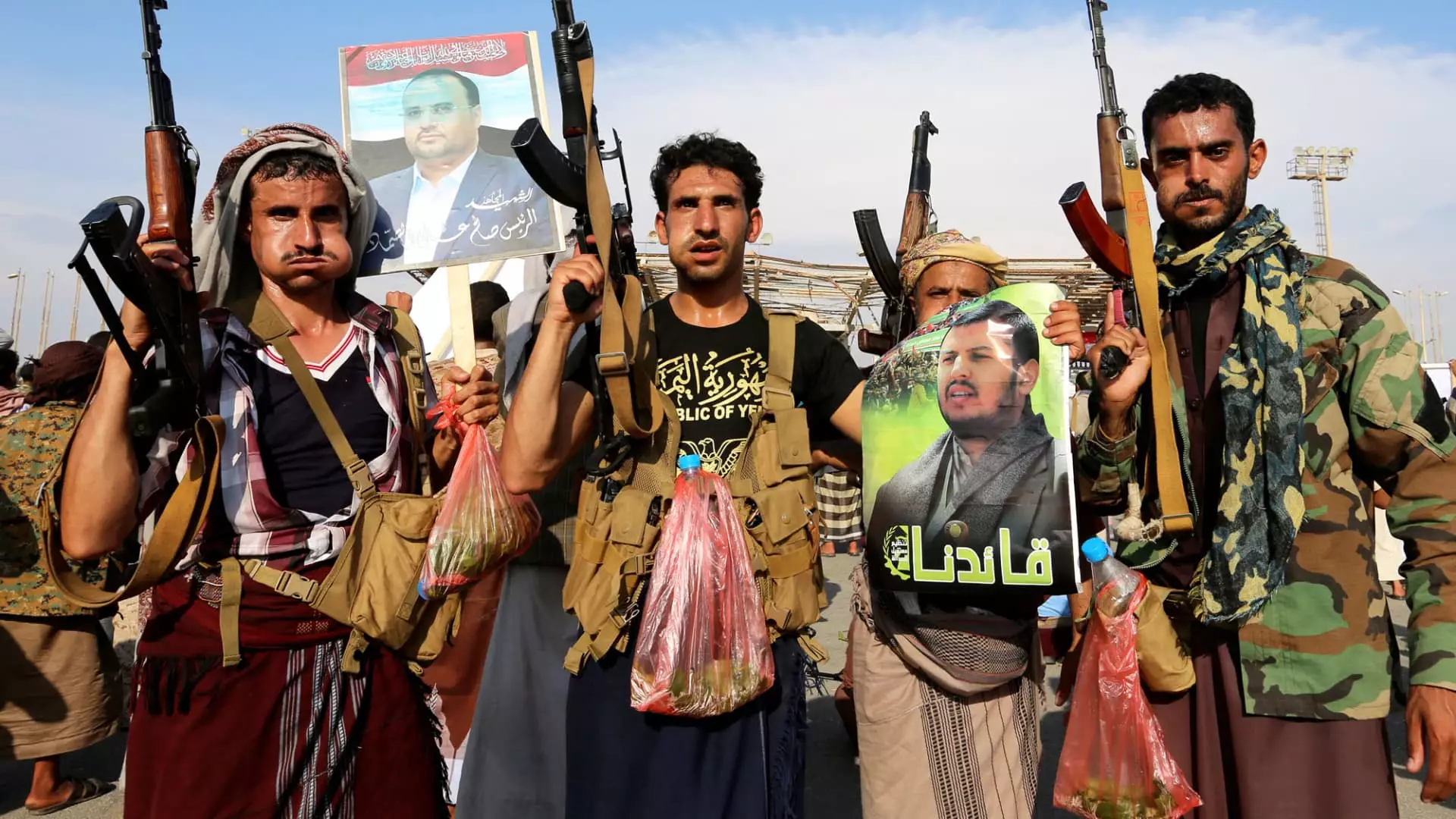The United States State Department has taken a firm stance against the Iranian-backed Houthi rebels based in Yemen. In an effort to deter further attacks on commercial ships crossing the Red Sea, the State Department has designated the Houthi rebels as specially designated global terrorists (SDGTs). This move triggers an asset freeze with the aim of cutting off Houthi financing. However, the sanctions will not take effect until mid-February. It is important to note that the SDGT sanctions do not apply to critical humanitarian assistance such as food, medicine, and fuel destined for the Yemeni people, ensuring that innocent civilians do not suffer the consequences of these measures. The senior administration official made it clear that if the Houthi rebels cease their attacks, the possibility of the delisting of this designation will be considered. The State Department perceives the Houthi’s Red Sea siege as a “textbook definition of terrorism,” reinforcing the severity of their actions and the necessity of their designation as global terrorists.
The Shifting Perspective under President Joe Biden
Under President Joe Biden, the State Department reversed the previous administration’s designation of the Houthis as a foreign terrorist organization (FTO) in February 2021. This reversal was in response to appeals from the United Nations and humanitarian groups who argued that the terrorist classification and its associated sanctions were aggravating the already dire humanitarian situation in Yemen, further pushing the country toward famine. While the FTO designation was intended to exert significant pressure on the Houthi rebels, the Biden administration chose the SDGT label as a less severe alternative. This decision aims to minimize unintended consequences on Yemeni civilians while still effectively deterring the Houthis. The senior administration official stressed that the Yemeni people should not bear the brunt of the Houthi’s actions.
Aiming for Stability in the Red Sea
The latest designation of the Houthi rebels as global terrorists is just one element of a broader effort to stabilize global trade in the Red Sea and prevent a regional war in the Middle East. The Houthi attacks on Red Sea shipping have raised significant concerns, leading major shipping companies like Maersk to temporarily halt their activities in the region due to safety risks. The United States has employed various strategies, including trade restrictions, military pressure, and international coordination, to combat the Houthi threat. The Houthi rebels have pledged to target any Israel-associated naval entity until the violence in Gaza comes to an end. As a response, the United States and the United Kingdom conducted strikes against 16 Houthi militant locations on January 11. While some experts raised concerns about the risk of escalating conflicts in the region, the White House dismissed these fears. National Security Council spokesman, John Kirby, stated that degrading the Houthi rebels’ capabilities would make it harder for them to carry out their strikes. Furthermore, in December, the United States initiated Operation Prosperity Guardian, a joint defense force with the participation of numerous countries dedicated specifically to protecting the Red Sea.
The U.S. State Department’s decision to classify the Houthi rebels as specially designated global terrorists is a significant step in countering their attacks on commercial ships in the Red Sea. By imposing an asset freeze, the U.S. aims to cut off the financial resources that support Houthi activities. The choice of SDGT designation over the more severe FTO classification demonstrates the Biden administration’s commitment to minimizing the impact on innocent Yemeni civilians. This move is part of a broader effort to stabilize global trade in the Red Sea and prevent an escalation of conflicts in the Middle East. While the situation remains complex, the United States, along with its international allies, is actively working to mitigate the Houthi threat and protect the interests of all stakeholders involved.

Leave a Reply